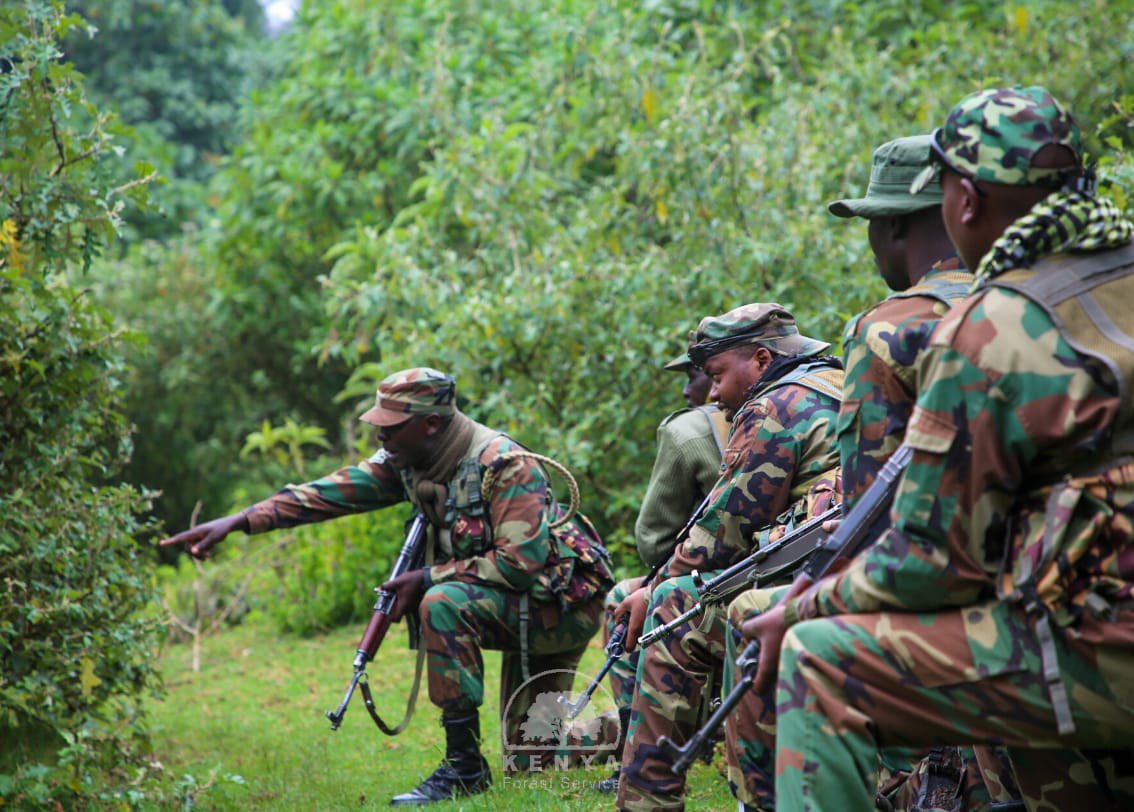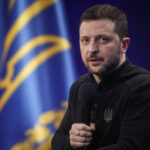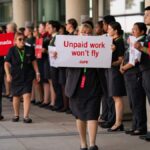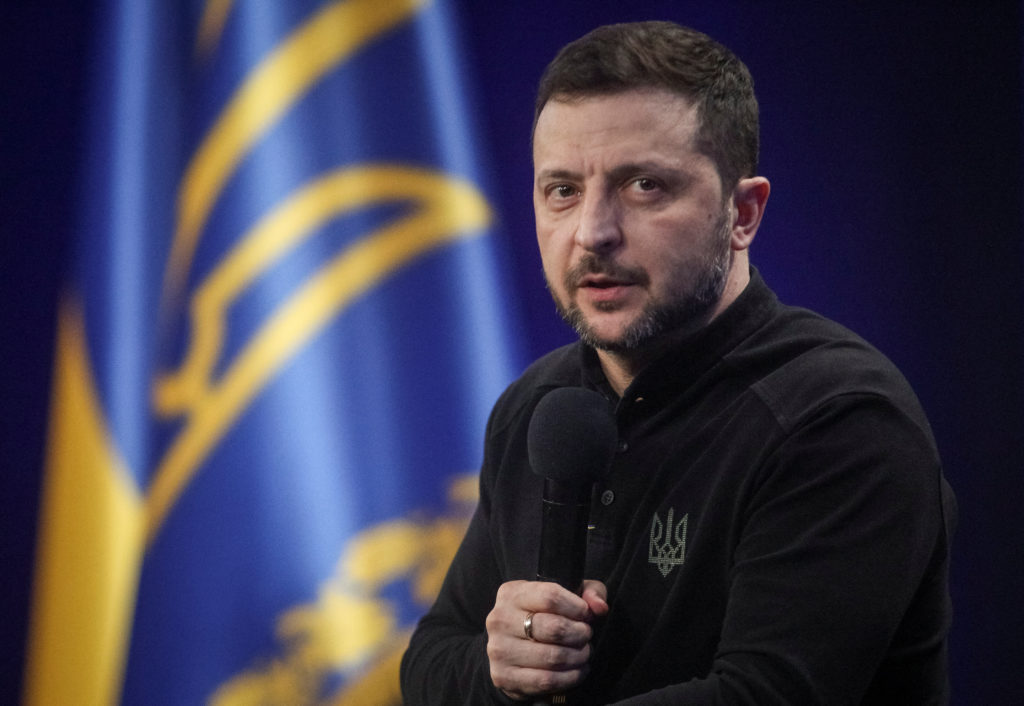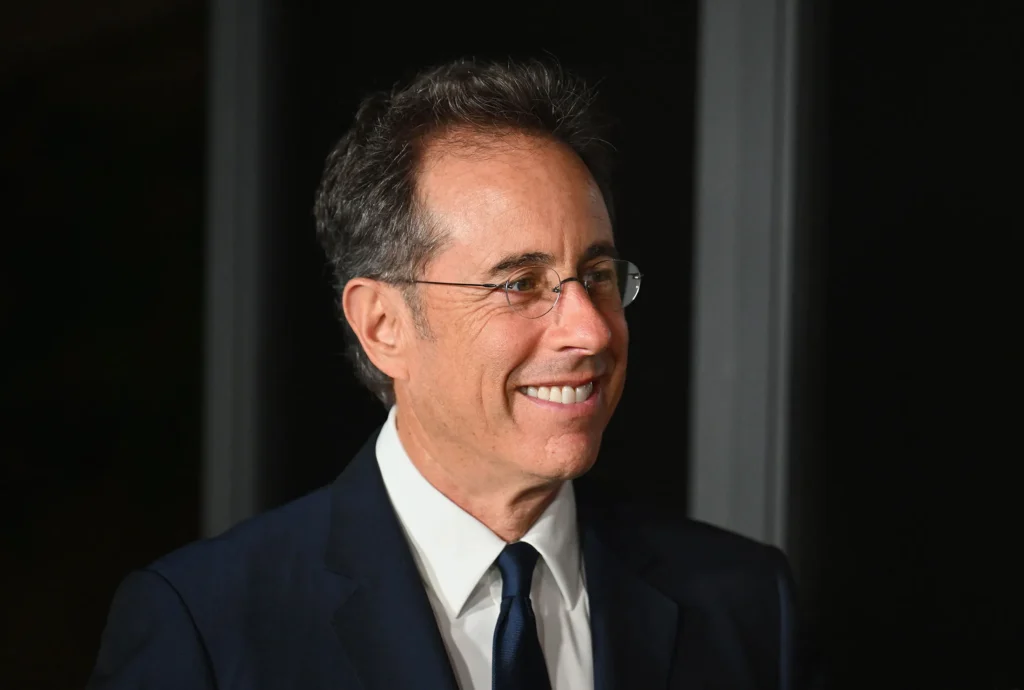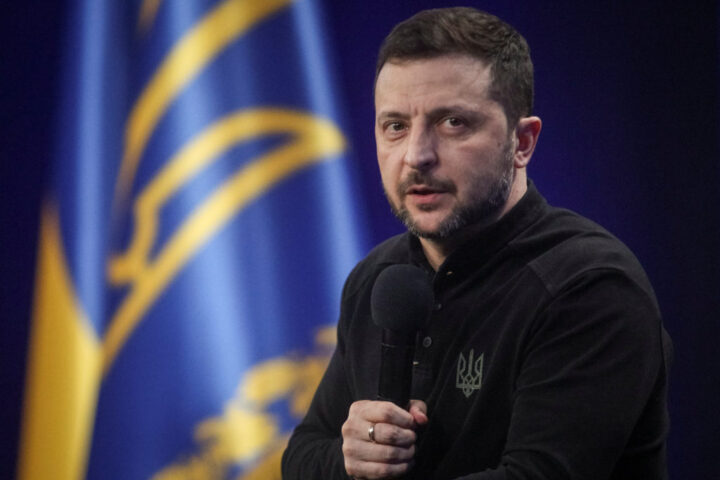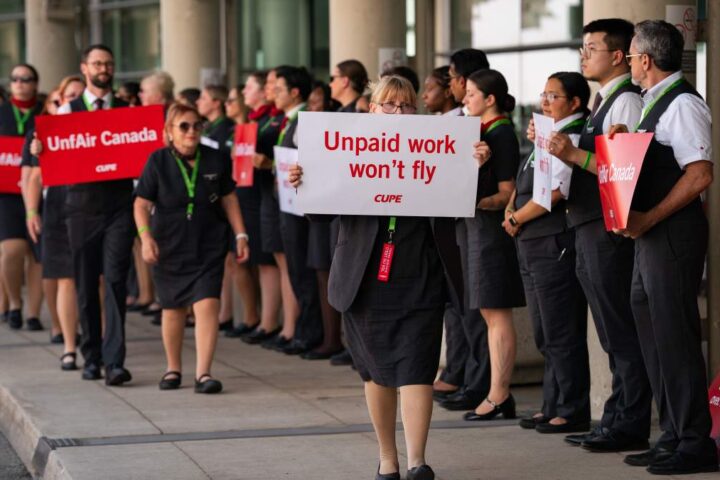Talks stall as Kinshasa and M23 rebels remain divided on disarmament and political guarantees.
The Democratic Republic of Congo’s long-running conflict took another uncertain turn as the government and M23 rebels failed to meet a key deadline to finalize a peace deal in Doha. Hopes had been pinned on this round of talks to deliver a framework capable of easing violence in eastern Congo, but the missed deadline now raises fears of renewed instability and continued suffering for civilians caught in the crossfire.
The Doha negotiations, facilitated by Qatar with support from African Union officials and international observers, were designed to bring together warring sides and map out a practical road to peace. Both parties had been given until mid-August to reach an agreement, but disagreements on central issues—particularly power-sharing, troop withdrawals, and security guarantees—proved too difficult to resolve within the allotted time.
The M23, a rebel group active in eastern Congo since 2012, has grown in strength over the past three years, seizing territory in the provinces of North Kivu and Ituri. Their resurgence has displaced hundreds of thousands of people, with entire villages emptied as families flee to overcrowded camps. While the group claims to fight against corruption and for the rights of ethnic Tutsis in the region, Kinshasa accuses it of being backed by Rwanda, a charge Rwanda has consistently denied. These accusations have fueled regional tensions, drawing in neighboring states and complicating mediation efforts.
Doha was seen as an important venue because it allowed neutral ground for dialogue, away from the direct influence of regional rivalries. Delegations from the Congolese government and M23 had arrived with cautious optimism, encouraged by international calls for compromise. The United Nations, African Union, and United States all publicly expressed support for a binding agreement that could de-escalate violence and pave the way for lasting stability.
Yet, behind the scenes, negotiators struggled. Key sticking points included the disarmament of M23 fighters, the integration of some rebels into the Congolese army, and assurances on political participation for M23 leadership. For Kinshasa, accepting too many concessions risked rewarding armed rebellion. For the rebels, surrender without guarantees meant political marginalization or worse. With neither side willing to bend significantly, the talks stalled and the deadline passed without a breakthrough.
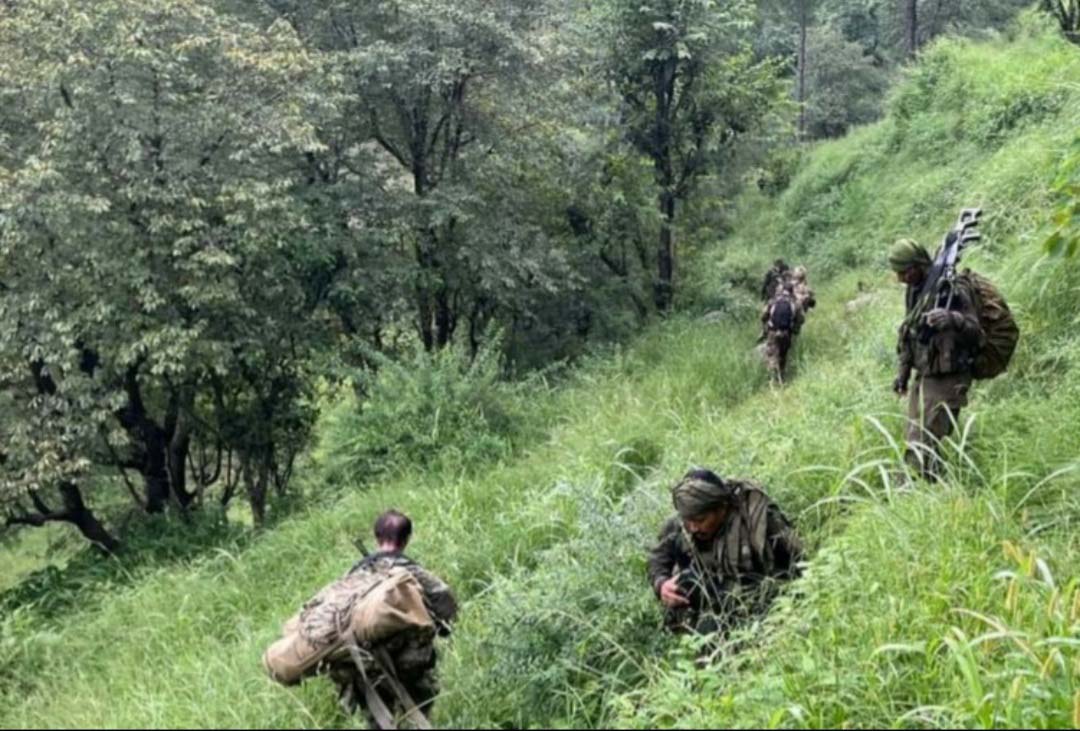
The failure to reach a timely deal has sparked concern among humanitarian agencies. Eastern Congo already faces one of the world’s worst humanitarian crises, with more than six million people displaced by conflict across the country. Camps around Goma and other towns are overflowing, and aid groups warn that prolonging the conflict could push the situation into outright catastrophe. Food insecurity, disease outbreaks, and widespread trauma are already straining local communities and international responders.
Regional actors are also alarmed. Rwanda and Uganda, often accused of meddling in Congolese affairs, are closely watching developments, while leaders in the East African Community have urged both sides to return to negotiations quickly. The African Union has called for calm, stressing that failure to reach an agreement in Doha does not mean dialogue should end. Instead, AU officials argue that both parties must treat the missed deadline as a reminder of the urgency to act before the situation spirals further.
For the Congolese government, the stakes are high. President Félix Tshisekedi has vowed to restore peace and security to the east, but his administration faces growing criticism at home for failing to contain the M23 advance. A collapsed peace process would undermine his credibility at a time when public patience is wearing thin. On the other side, M23 leaders risk international isolation if they are seen as unwilling to compromise, especially given mounting evidence of human rights abuses in areas under their control.
International partners, particularly Western governments, are expected to keep pressure on both sides to resume talks. While Doha may not have delivered the intended breakthrough, the diplomatic effort has created a framework that could be revived in the coming weeks. Mediators are hopeful that additional time, combined with regional pressure, might help narrow the gaps that remain.
The missed deadline is a setback, but it is not the end of the peace process. The reality on the ground—ongoing battles, displaced civilians, and deep mistrust—makes clear that neither side can achieve lasting victory through military means alone. Peace will require compromise, guarantees, and sustained commitment from all stakeholders, both Congolese and international.
For the people of eastern Congo, the Doha talks represented a rare moment of hope. The delay in reaching a deal does not erase that hope entirely, but it does deepen the uncertainty of daily life in a region that has endured far too much turmoil. As negotiations resume, the urgent question remains: how much longer must civilians wait for the peace they desperately deserve?

